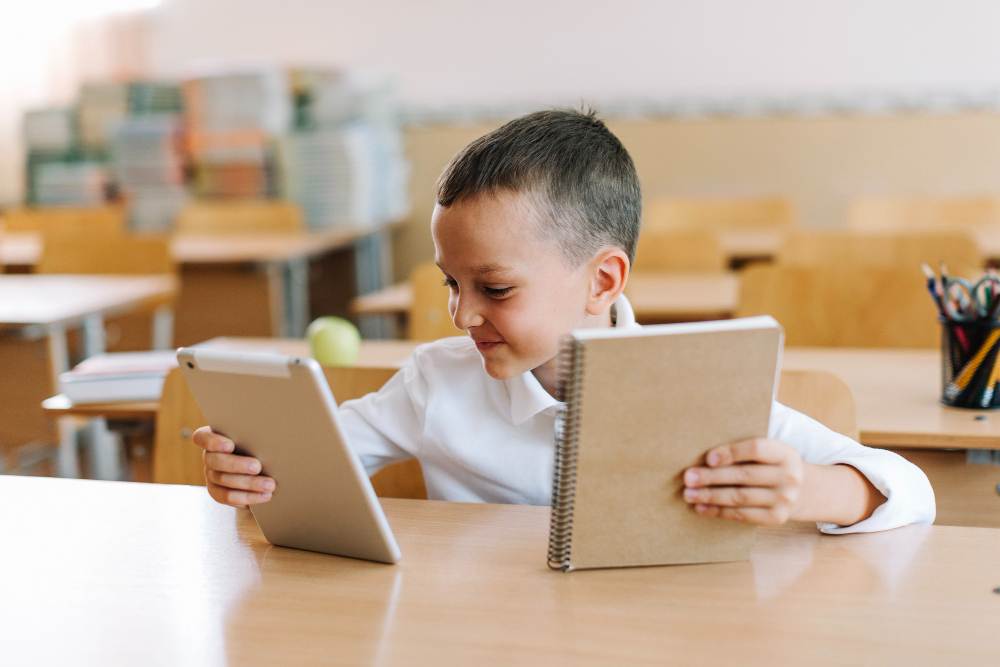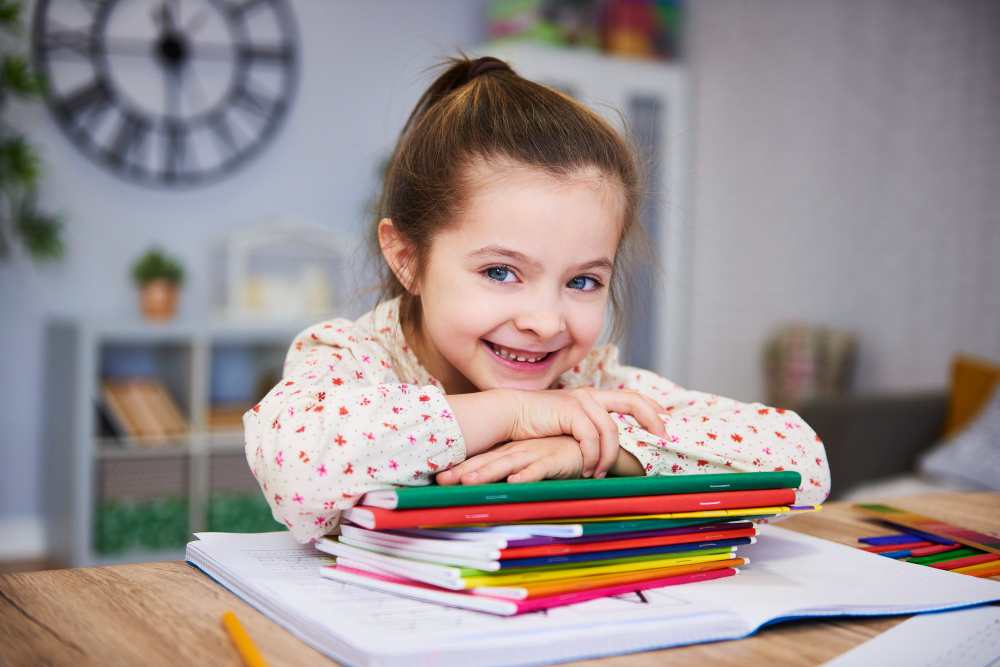In the ever-evolving landscape of parenting, the debate between digital and physical media for children’s literature remains a topic of significant interest. As new mothers and mothers of toddlers, it’s essential to weigh the pros and cons of each option to make informed decisions about our children’s reading habits. In this article, we’ll explore whether Kindle, the popular e-reader, is a better choice than traditional physical books for our little ones.
The Rise of Kindle in Children’s Literature
With the advancement of technology, Kindle has emerged as a convenient alternative to traditional books. Its portability, accessibility, and vast library of e-books make it an attractive option for parents looking to introduce their children to the world of reading. Kindle also offers features like adjustable font sizes, built-in dictionaries, and read-aloud functions, catering to different learning styles and abilities.
Pros of Using Kindle for Children
Convenience and Portability
One of the most significant advantages of Kindle for children is its portability. With a single device, your child can carry hundreds of books wherever they go, making reading accessible anytime, anywhere. Whether it’s during long car rides, waiting at the doctor’s office, or snuggled up in bed at night, Kindle allows for uninterrupted reading experiences.
Interactive Features
Kindle offers interactive features that can enhance your child’s reading experience. Features such as word lookup, highlighting, and note-taking encourage active engagement with the text, promoting comprehension and vocabulary development. Additionally, some e-books come with multimedia elements like audio narration and animations, further immersing children in the story.
Environmental Considerations
Opting for e-books over physical books can also have environmental benefits. By reducing the demand for paper, ink, and transportation, Kindle contributes to conservation efforts and minimizes carbon footprints. For environmentally-conscious parents, this may be a compelling reason to choose digital over print.
Cons of Using Kindle for Children
Screen Time Concerns
One of the primary concerns with Kindle usage for children is the potential for increased screen time. Excessive screen time has been linked to various health issues, including eye strain, disrupted sleep patterns, and decreased physical activity. While Kindle offers features like adjustable brightness and filters to reduce eye strain, it’s essential to monitor and limit your child’s screen time to ensure their overall well-being.
Digital Distractions
Unlike traditional books, Kindle devices offer access to the internet and other apps, increasing the risk of digital distractions. Children may be tempted to switch between reading and other activities, impacting their focus and comprehension. Parents need to establish clear boundaries and screen time rules to minimize distractions and ensure that reading remains a priority.
Loss of Tangibility and Sensory Experience
Physical books provide a tactile and sensory experience that is unmatched by digital devices. Turning pages, feeling the weight of the book in their hands, and smelling the scent of paper can enhance children’s engagement with the story. Additionally, the absence of physical books may limit opportunities for sensory exploration and fine motor skill development, which are crucial for early childhood development.
Conclusion
In conclusion, the decision to choose Kindle or physical books for your child ultimately depends on your family’s preferences, values, and lifestyle. While Kindle offers convenience, interactivity, and environmental benefits, it also comes with concerns about screen time, digital distractions, and the loss of sensory experiences. As new mothers and mothers of toddlers, it’s essential to strike a balance between the benefits and drawbacks of each option and prioritize your child’s holistic development. Whether you opt for Kindle, physical books, or a combination of both, fostering a love for reading is the most important goal for your child’s literacy journey.











